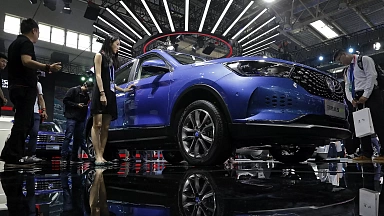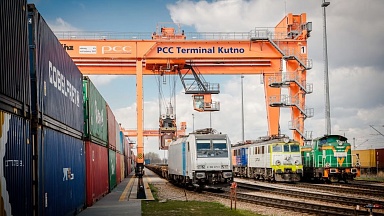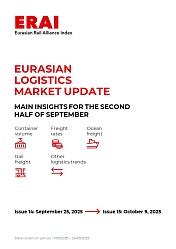Last year, 1.8m teu was transported on 17,000 block trains between China and Europe, and 600,000 teu on 5,800 between China and Central Asia.
At the Forum for Revitalising China Railway Logistics, in Seoul, CRCT president Chen Min said: «We’re preparing a system to provide information relating to bookings and timings on the internet.»
He said China’s president, Xi Jinping, stressed the need to improve the reliability of freight trains along the Belt and Road Initiative, especially those bound for Europe, and added: «We will work to improve efficiency and quality through cooperation with related countries and organisations.»
Lianyungang serves as the largest intermodal connection between South Korea and China, with routes operated to inland China, Kyrgyzstan, Uzbekistan, Mongolia, Russia, Europe and Turkey. Last year, 806 international block trains were organised in Lianyungang.
Kazakh car distributor Astana Motors, which also manufactures vehicle parts for Hyundai, said it had always preferred the Trans-Siberian Railway, due to its better reliability.
MD Denis Kolomatsky said: «We have encountered many problems in the past when using routes via China, so last year, 92% of our volume used the TSR.»
Lianyungang Port president Yang Rong said: «We’ll provide various routes to South Korean customers by securing subsidies or feeder routes connecting to Shanghai and major ports in Jiangxi.»
At the forum, MOUs were signed between CRCT, Kazakh shipping company ADM, Astana, and Lianyungang Port.
Astana Motors and ADM will cooperate in moving as many containers as possible from South Korea to China via Kazakhstan and Uzbekistan, while CRCT and Lianyungang will make efforts to prevent shipment delays.




